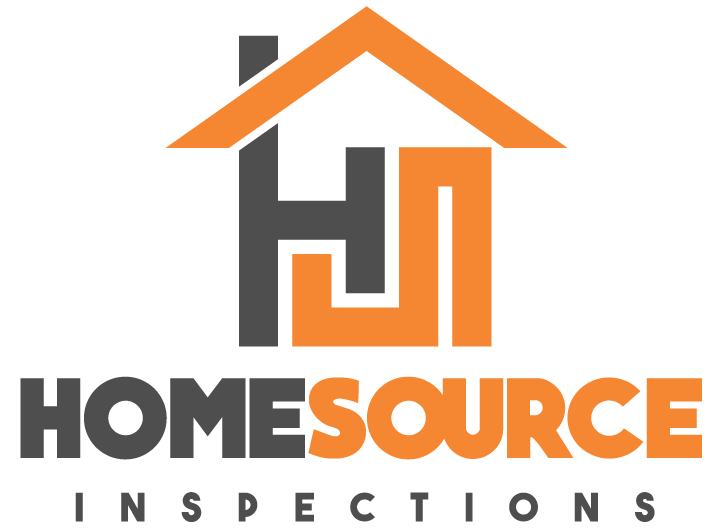When you’ve decided to sell your house, you’re likely focused on staging, curb appeal, and finding the right price. However, one proactive step many sellers overlook could dramatically simplify the process, speed up your closing timeline, and ultimately put more money in your pocket: getting a pre-listing home inspection. Understanding why this step is essential will help you master the selling process from the very start.
Control the Narrative with a Pre-Listing Home Inspection
Imagine receiving an offer on your home, only to have the buyer’s inspection uncover a significant, costly problem just weeks before closing. This often results in frantic negotiations, buyer’s cold feet, and significant delays. Getting a pre-listing home inspection flips this script, giving you back control. When you hire your own independent inspector before listing, you learn about any necessary repairs on your timeline. This allows you to address the issues proactively. You could fix the problem yourself, shop around for the best contractor rates, and complete the work without the pressure of a contract deadline. Alternatively, if you choose not to fix an issue, you could factor the repair cost into your asking price from day one. You turn a hidden weakness into a transparent fact, which drastically reduces the buyer’s leverage later in the process.
This transparency builds immediate trust with potential buyers. When you present a professional, recent inspection report upfront, buyers feel more confident in their offer, knowing they aren’t walking into a costly surprise. This confidence translates to fewer contingency hurdles and a much smoother road to closing.
A Pre-Listing Home Inspection Gives You Pricing Power
Without an inspection, your price is simply an estimate based on comparable sales. With a comprehensive report in hand, you will justify your listing price. If the report comes back clean, you will firmly stand by your asking price, confidently noting that the house has been vetted and is in excellent condition. If the inspection reveals a few minor issues, you could address them and then market your home as “Pre-Inspected and Repaired.” This is a massive selling point that sets your property apart in a competitive field.
By providing your own inspection, you normalize any imperfections. The buyer is far less likely to demand concessions on items you’ve already disclosed and factored into the price, stripping them of the most powerful negotiation tool they possess. This simple act turns the negotiation into a straightforward discussion.
Speeding Up the Closing Timeline
In real estate, time is money. A quick, predictable closing is beneficial for all parties, and a pre-listing home inspection is one of the most effective ways to achieve it. When the buyer receives your pre-listing home inspection report with the listing, they will move forward with greater speed. By front-loading the inspection process, you avoid the scenario where a major defect is discovered two weeks before the scheduled closing date, forcing a contract extension, costly repairs, and potential loss of the deal. Removing uncertainty early on drastically reduces the chances of falling out of contract and helps guarantee the closing date you planned for is the actual closing date.
Preparing for Appraisal and Underwriting
A pre-listing home inspection could also help with the later stages of appraisal and underwriting. If your home has known defects that could affect its value or habitability, these issues may be flagged by the lender’s appraiser. If the appraisal comes back with conditions, the lender may demand those repairs be completed before they will finalize the loan. This again creates last-minute stress and expense. By performing the inspection ahead of time, you address any major flaws that could become an underwriting headache, ensuring the property sails smoothly through the financing process. This confident foresight ensures that your home is not only buyer-ready but lender-ready, too.
Frequently Asked Questions (FAQs)
Should I fix everything the pre-listing home inspection finds?
Not necessarily. You should prioritize fixing major health and safety issues (like faulty wiring or gas leaks) and critical systems (like the roof or HVAC). For minor, cosmetic issues, you may choose to leave them as-is and simply disclose them to the buyer.
Who pays for the pre-listing home inspection?
The seller pays for the pre-listing home inspection.
Do I have to give the report to the buyer?
In some states, once a seller is aware of a defect, they are legally obligated to disclose it. By providing the report, you are proactively managing the disclosure process.
Can the buyer still get their own inspection after I provide mine?
Yes, the buyer always retains the right to conduct their own independent inspection.
HomeSource Inspections offers inspection services to homebuyers and sellers in Northern Indiana and Southwest Michigan. Contact us to request an appointment.

